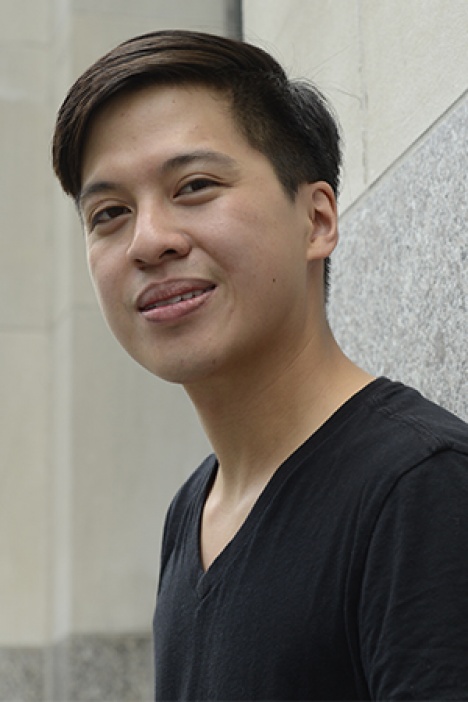Andy Chiang

Andy Chiang is a PhD trainee in Dennis Vitkup's research group. In his doctoral research, he investigates the genetic and neurobiological underpinnings of psychiatric diseases, with special emphases on autism spectrum disorders (ASDs) and schizophrenia. By using novel computational methods to integrate genetics and transcriptomic data, he implicated specific developmental periods, anatomical structures, and neuronal cell types likely to be affected in ASDs. In more recent research, Andy has investigated the diversity of de novo mutations observed in ASDs, and studied how the molecular and biological properties of genetic insults contribute to the phenotypic spectra of disease.
Prior to his appointment in the Vitkup research group, Andy conducted research in statistcal genetics and computational immunology in Yufeng Shen's laboratory. Andy did his undergraduate degree at The University of Chicago. During this time he conducted research in microfluidics, developing thresholded autocatalytic systems for digital readaout of lab-on-chip assays; in immunology, investigating the regulatory networks involved in T-follicular helper cell differentiation; and in circadian biology, studying the mechanisms involved in coupling peripheral and central molecular clocks.
Chang J, Gilman SR, Chiang AH, Sanders SJ, Vitkup D. Genotype to phenotype relationships in autism spectrum disorders. Nat Neurosci. 2015 Feb;18(2):191-8.
Mathew R, Mao A, Chiang AH, Bertozzi-Villa C, Bunker JJ, Scanlon ST, McDonald BD, Constantinides MG, Hollister K, Singer JD, Dent AL, Dinner AR, Bendelac A. A negative feedback loop mediated by the Bcl6-Cullin 3 complex limits Tfh differentiation. J Exp Med. 2014 Jun 2;211(6):1137-51.
Hutchison AL, Maienschein-Cline M, Chiang AH, Ali Tabei SM, Gudjonson H, Bahroos N, Allada R, Dinner AR. Improved statistical methods enable greater sensitivity in rhythm detection for genome-wide data. PLoS Comput Biol. 2015 Mar 20;11(3):e1004094.